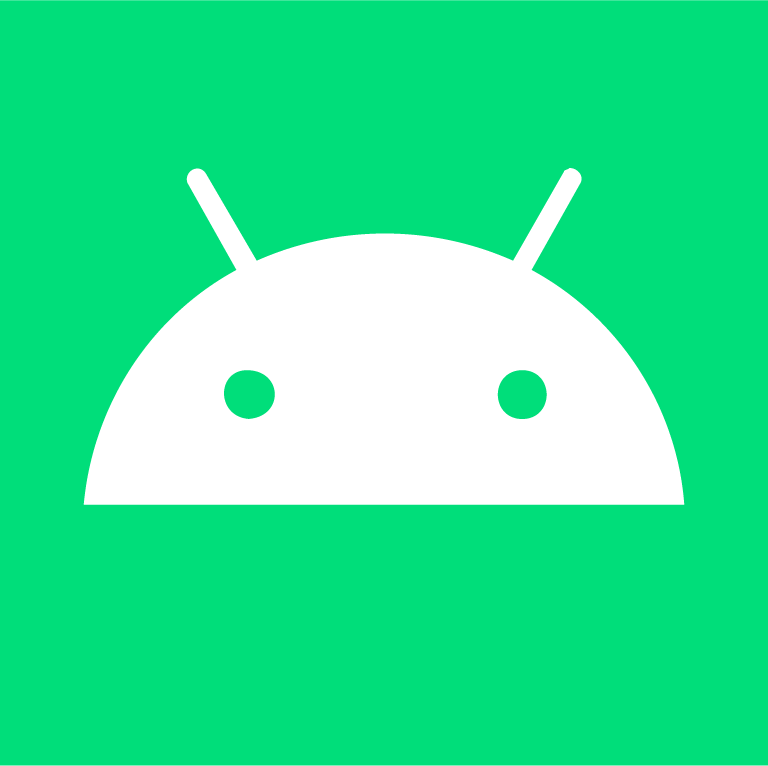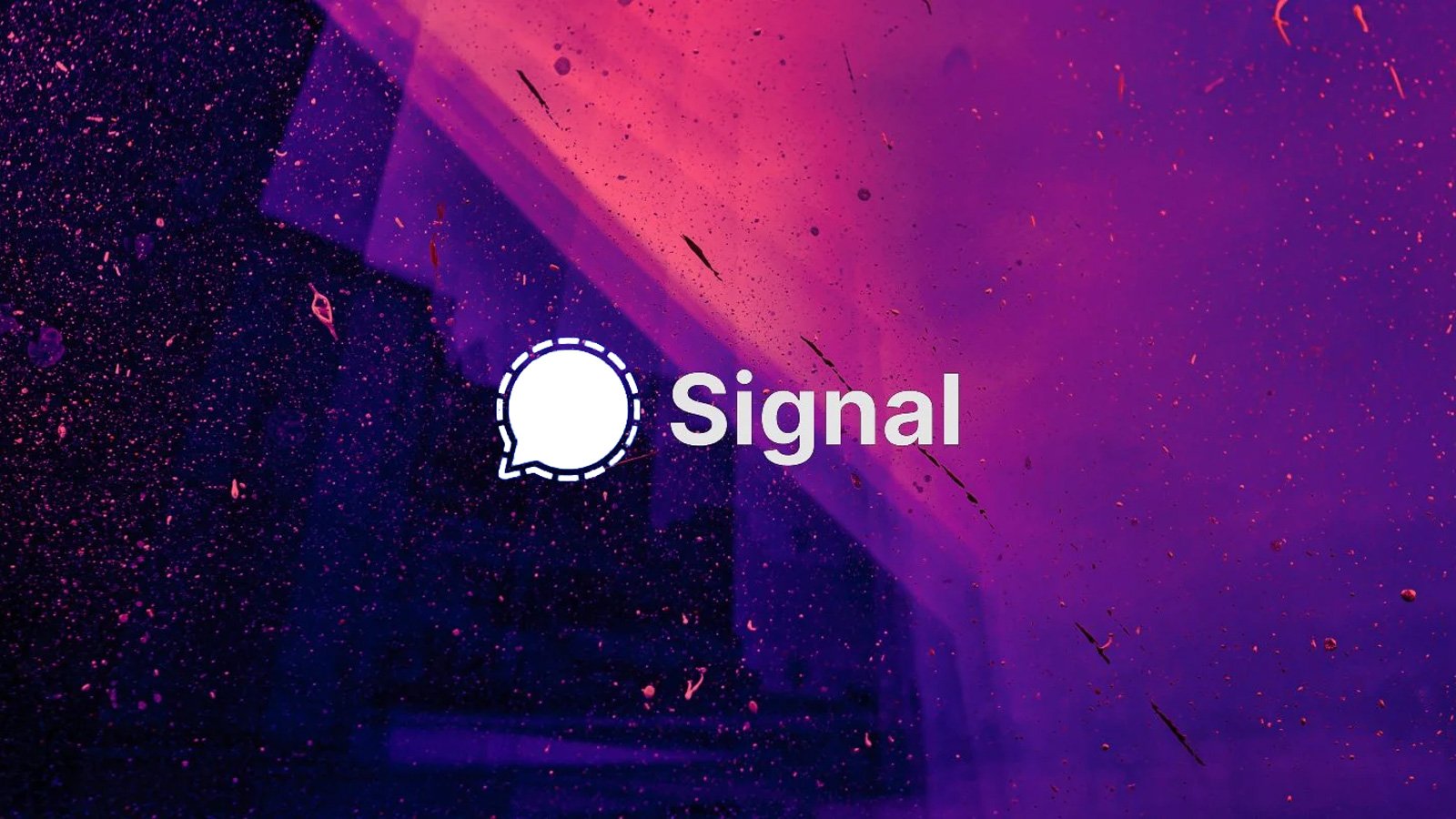- cross-posted to:
- android@programming.dev
- privacy@lemmy.ml
- cross-posted to:
- android@programming.dev
- privacy@lemmy.ml
Signal is finally delivering the stuff we have all been waiting for. First, they implemented post quantum cryptography in the protocol in September, then we got message editing, and now we will finally get usernames. Awesome!
The world would be a substantially better place if Signal would 1) Not require phone numbers, and 2) Allow 3rd-party clients. While they’re at it maybe they could also add a volume control to the desktop client and then not push so many damn updates.
I haven’t had a single complaint in my few months if using it.
That being said, I have 3 people to use it with so on average have only gotten about 20 minutes per week.
I will say that the WiFi calling on their app is far superior to the samsung’s drag down buttons.
Can we please just have an app for our Android tablets?
Seconding Molly, based on Signal’s (lack of response), they seem to have zero plans to ever add Android tablet linking. Much to my own dismay.
I’m a recent Molly convert and so far so good. I really hope they don’t shut it down or block it somehow. For how much I love Signal, I don’t understand why they won’t focus on much needed additions that Molly implemented.
Molly doesn’t drain my battery on video calls half as fast as signal, huge fan. Converted a non tech friend to molly so he can use it on his android tablet as well!
Try Molly.
Dug pushers everywhere man.
Good advice 😉
Finally
Annoyingly, this doesn’t mean that you can register without a phone number. I hope that this is only the first step towards making that happen and not some sort of compromise of the original goal.
I still use Signal because I think it’s still the best tool so far (that has people I know using it), but I’m always iffy about services using phone numbers as their primary identifier.
The people communicating with each other need a way to ensure that they are communicating with who they think they are; and for most people, they are trying to hide what they are discussing, not necessarily who they are discussing it with.
When I first got into open source I downloaded every app I saw that could make me feel like a spy, but I quickly deleted 90% of them because I had no use cases for them. I did find an app I believe based off the signal protocol which had no names or numbers and the only way to initiate contact between two people was by scanning each others qr code, but good luck ever meeting somebody to download the app.
It’s been hard enough convincing anybody over signal. Americans are pretty locked into SMS and everybody else seems unwilling to leave WhatsApp.
I will never use Signal if it keeps asking for my phone number. I have backed out at that point every time I’ve gone to use it because I forgot about that requirement.
This is how Signal should have been designed in the first place.
Without phone-number based contact finding signal wouldn’t be relevant enough to matter.
Security and privacy be damned.
deleted by creator
Those were before the smartphone era.
Humans like to talk to each other, but when an easier choice exist the slightly harder one doesn’t stand a chance.
Arent these 3 pretty irrelevant now(in the general population)? That doesn’t show a good track record.
None of those are relevant today, phone numbers still are.
Neat! What’s your IRQ number? Damn I am old for making that comment but this day and age actually doing username or a pgp key share should not be that hard for an app this popular and how secure you want to make it. Would be amazing to do pgp encrypted messages to a secure party and then have it handled over the signal protocol
I still know my number off the top of my head despite not using it for well over 20 years!
deleted by creator
ICQ, peasant!
So it’s instant messaging with encryption?
Pretty much. Signals servers just initiate connection between clients, who in turn negotiate parameters with each other so that messages can be encrypted and sent privately between the clients. The messages never has to touch Signals servers, unless you’ve turned on certain features. It’s what you could call a “peer-to-peer chat”.
It’s apps for Android and iOS are available on GitHub, as well as libraries dedicated to the Signal protocol that you can use and implement in your own projects.
So it’s transparent, private and secure. Pretty boss. Waiting for someone to correct me on this one ^^;
I’m 99% sure that signal isn’t peer to peer. Afaik all messages go through signal’s servers, but they’re end to end encrypted so the server can’t see message contents, or who the messages are coming from.
The only thing that’s peer to peer are calls, but you can turn on ‘Always relay calls’ from settings to relay them through Signal’s servers.
If you wanna boil it that down that much, sure. It’s also run by a non-profit with publicly available source code. And it’s not just “encryption,” but end-to-end encryption (E2EE), meaning the server and company don’t know what you’re messaging.
Sure, but I mean it seems like they took the long route to end up with AIM with encryption.
I’ve been using signal for years and love it.
I will spam every contact I have with this information, it’s time to people to start making the switch
*Yawn!* Wake me up when they stop requiring phone numbers to sign up.
Spectacular!
Wow this is great news. Glad to see them do this.
@ijeff Finally, they are on par with Telegram here as well.
I don’t use Telegram but they don’t enable encryption by default? Last time I used Telegram I needed a phone number still, so, I’d say Signal has always been on top.
they don’t enable encryption by default?
Indeed, only secret chats use it, that’s it’s biggest drawback.
Last time I used Telegram I needed a phone number still
Yes, for registering purposes. However, you can set up your own username and give that to whoever you want instead. You can even restrict some or all people from seeing your actual number.















